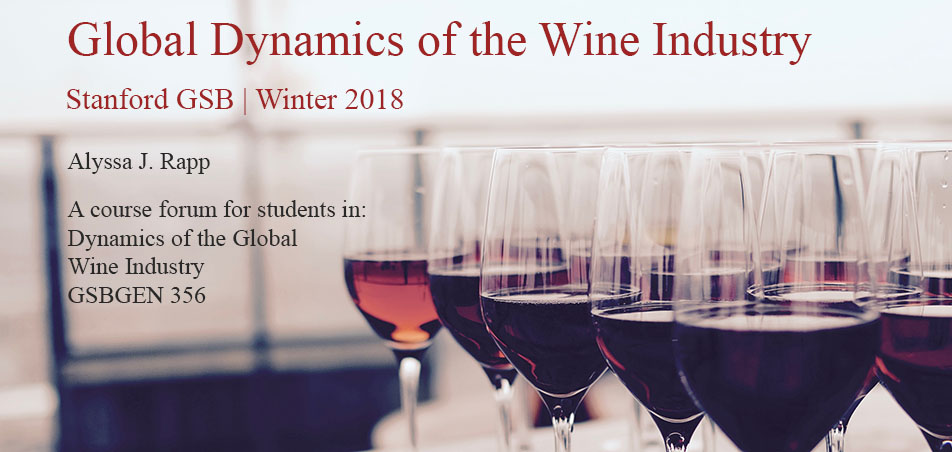This same thinking could be applied to the wine industry. When DBR considered expanding to Chile to offer a more affordable product, they too needed to consider the impacts on their brand. They chose to label differently, adding a new brand to their portfolio rather than diluting the reputation of the current luxury brand name. Morgan Stanley, on the other hand, would need to leverage the power of its name to persuade even mass affluent customers. The offering could have its own labelling but it would be more obviously tied to the MS brand. Still, both are able to use their well-established reputations to market even their affordable products as high quality.
While there are many similarities in MS's and DBR's approach to branding their affordable product lines, cannibalization concerns do not affect both in the same way. MS needed to be concerned that customers would abandon more expensive advisor-assisted channels to opt for the digital offering. This is because digital offerings were brand new and were not an option before and especially not an option from a traditional, reputable brokerage firm. People would leave expensive channels in favor of cheaper ones. DBR on the other hand didn't have this concern. Affordable wine was already accessible and is now even more accessible. It is very easy for customers to purchase a $10 bottle of quality wine. DBR expanding its offering to meet this demand did not necessarily cannibalize its luxury product offering because when people purchase affordable wine their alternative is not expensive wine but instead other affordable wine. Therefore, DBR could expanding into this segment of consumer demand, leveraging its brand to ensure quality without harming the success of its more expensive products.
Though brand dilution and cannibalization are valid concerns, the availability of alternatives in both industries makes it essential for both companies to adapt to the accelerating changes in consumer trends in order to ensure their success in the future.

No comments:
Post a Comment